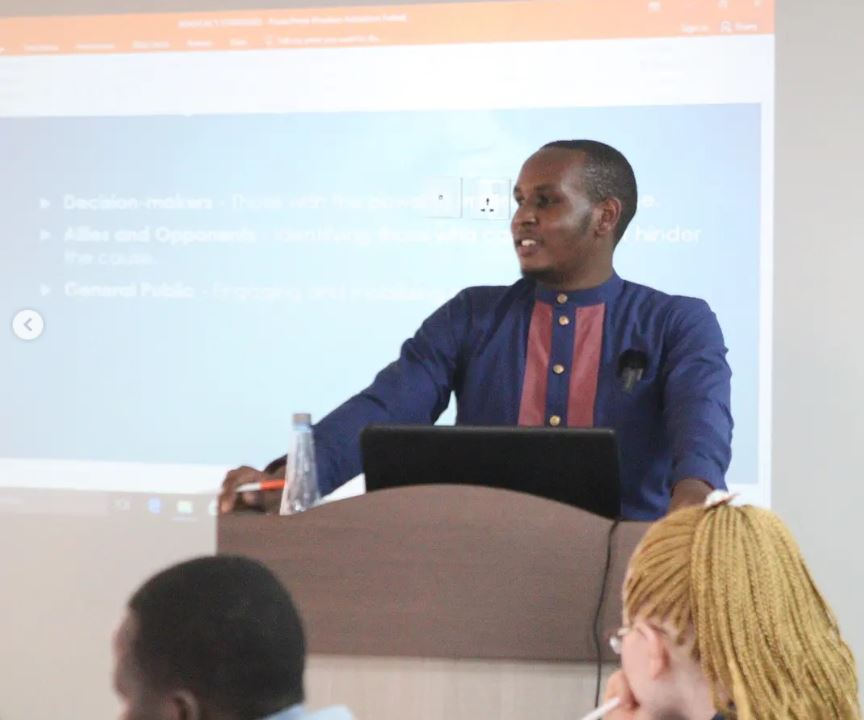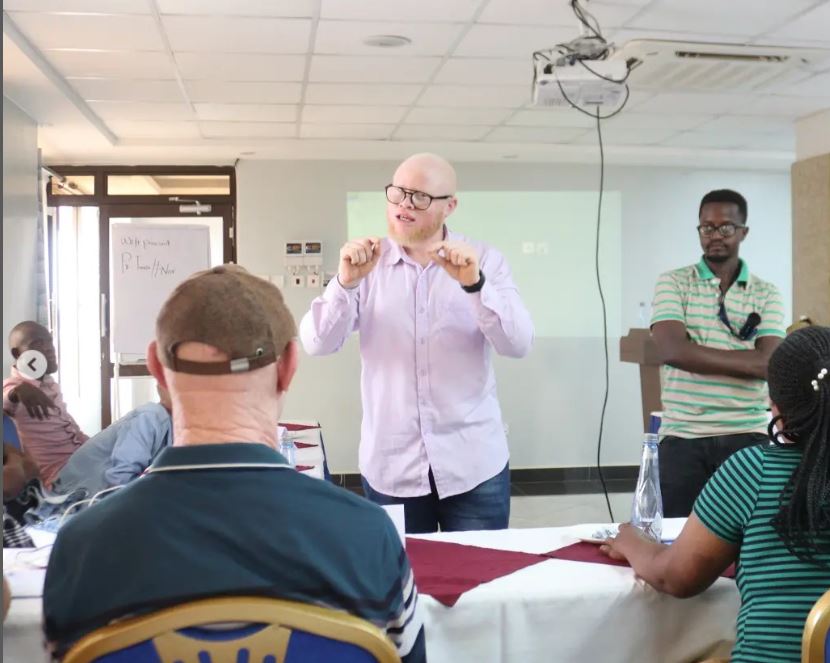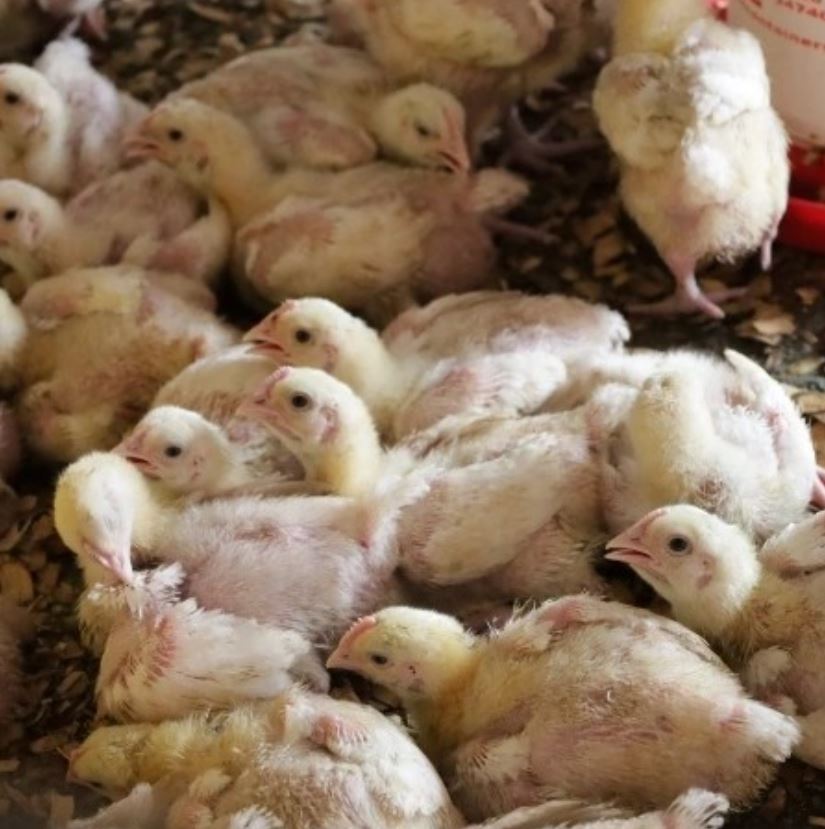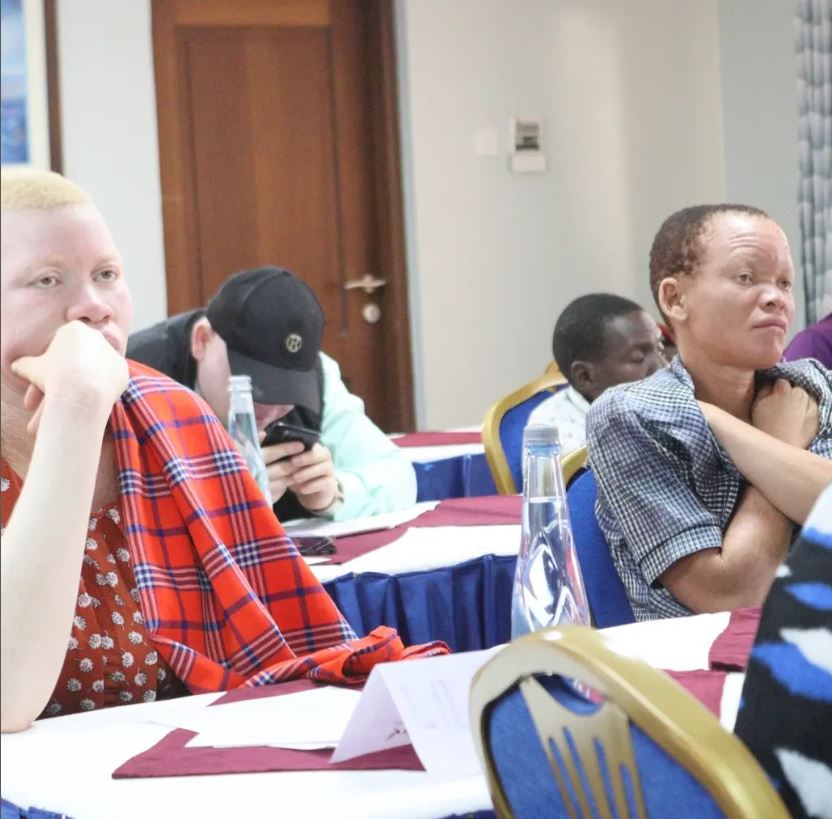Empowering Persons With Albinism in Kisumu County Via Advocacy Training, Economic And Agriculture Skills
In an impactful initiative aimed at propagating climate change resilience amongst persons with albinism, we took a tip to Nyanza region, Kisumu specifically. This visit was part of a broader project funded by the Global Greengrants Fund, focusing on educating and empowering individuals with albinism through advocacy training. We have been taking it a notch higher by including very much needed practical trainings like Access to Government Procurement Opportunities (AGPO), and sustainable agricultural practices.
Empowering Through Advocacy Education
Our visit to Kisumu began with a comprehensive session by our project officer Boniface Mirikwa on advocacy. This session was crucial in teaching participants how to effectively use their voices to champion for their rights and address their challenges within the county by engaging with the appropriate leaders and county offices. The importance of self-representation and proactive involvement in policy-making processes was also emphasized, equipping attendees with the knowledge, skills and even oomph to influence decisions that affect their lives. The training went as far as taking our participants through advocacy strategies and techniques - from grassroot level organizing to leveraging social media to achieve Albinism awareness.

Economic Empowerment Via AGPO Training
After the advocacy training, we had our facilitator Morris Kinywa stepping in to present, train and educate in a detailed fashion on Access to Government Procurement Opportunities (AGPO). This program is designed to provide the marginalized and vulnerable in the society like persons with disabilities a chance to work with the government, ensuring they have a fair chance at securing government-related work. The session was meticulously structured to guide participants through the registration process and highlight the various opportunities available through AGPO. Morris Kinywa's step-by-step approach ensured that every participant understood how to navigate the system and take advantage of the opportunities it offers with a majority of them promising to try out working with the government.

Exploring Sustainable Agriculture in Nyando
After the advocacy training, we visited a farm in Nyando, owned by George Lawi. This visit aimed to demonstrate that individuals with albinism can successfully engage in various forms of agriculture such as livestock rearing, beekeeping, fish farming, and crop cultivation without requiring vast tracts of land. The practical insights gained from this visit were invaluable, showcasing how these agricultural practices can be adapted to cope with the challenges posed by climate change, a significant concern for persons with albinism due to their increased vulnerability to environmental changes.

George's farm served as a real-world example of how small-scale farming can be both viable and profitable. Participants observed diverse agricultural practices in action, learning about the benefits of each and how they can be implemented on a small scale. This hands-on experience was particularly empowering for the participants. It demonstrated that with the right techniques and knowledge, they could undertake similar agricultural ventures. The visit also fostered a sense of community and mutual support among the participants, encouraging them to share their experiences and insights with each other.
A Day of Significant Achievements
The day's activities culminated in substantial achievements, leaving a lasting impact on the participants. The advocacy training provided them with a deeper understanding of how to represent themselves and engage with government processes. They left the session equipped with practical tools to advocate for their rights and navigate the bureaucratic landscape to access government opportunities. Most notably, the visit to George's farm inspired participants by showing them that agriculture is a viable livelihood option, even for those with limited resources. This realization was empowering, particularly for individuals with albinism who often face significant barriers to employment. The practical demonstration of sustainable agricultural practices offered a blueprint for participants to follow, showing them that they can overcome these barriers and achieve self-sufficiency.

The initiative was not just about imparting knowledge but also about fostering a sense of empowerment and possibility. By educating and empowering individuals with albinism, the project highlighted their potential to thrive in various sectors despite the challenges posed by climate change. It showcased the resilience and adaptability of the human spirit, emphasizing that with the right support and resources, anyone can overcome adversity.